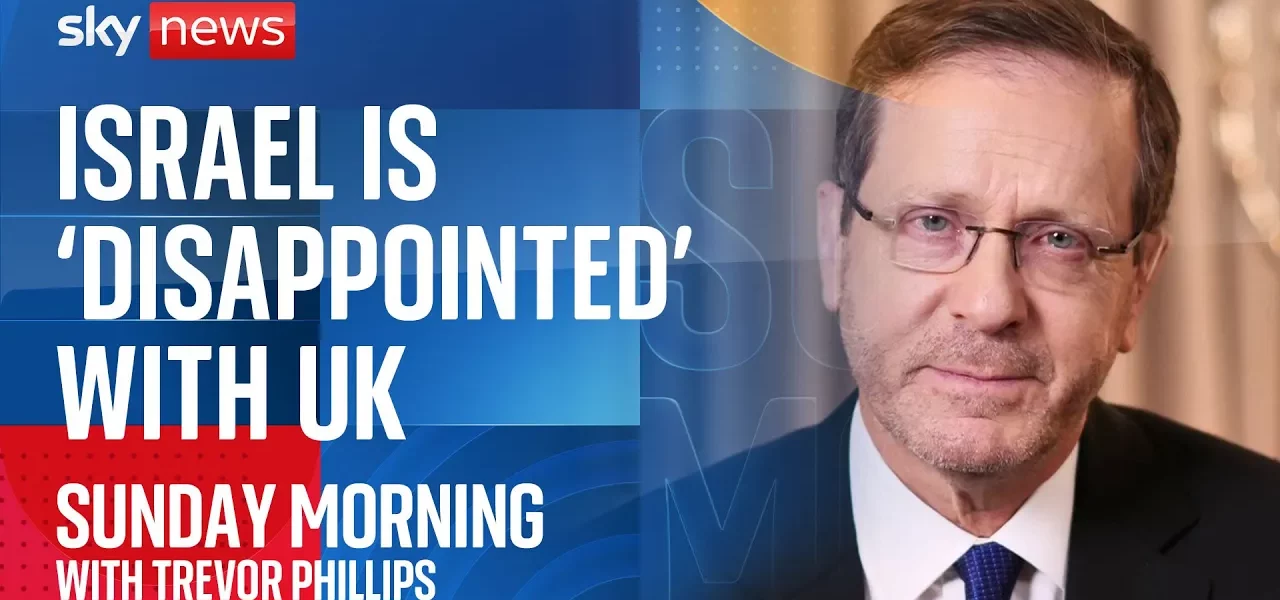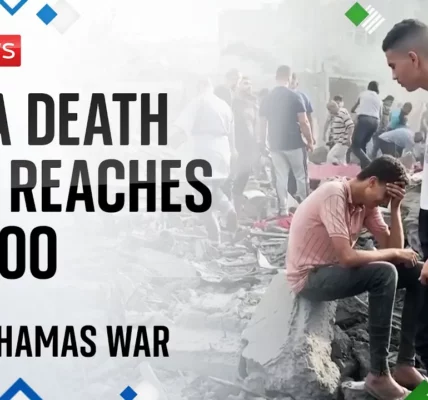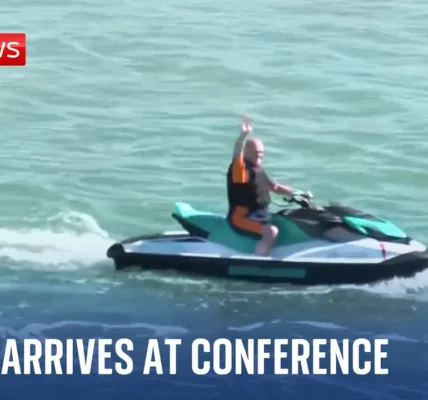Interview with President Isaac Herzog on Israel’s Military Actions and Regional Conflict

This article delves into an interview with Israeli President Isaac Herzog, exploring the complexities of the ongoing conflict involving Israel, Hamas, and Lebanon. The discussion highlights Israel’s military strategy, international relations, and the implications of recent escalations.
Introduction
The situation in the Middle East has escalated dramatically in recent months, with Israel facing significant security challenges from various militant groups. President Isaac Herzog’s interview sheds light on Israel’s military actions, the ongoing conflict with Hamas, and the potential ramifications for regional stability. This article will break down the key points from the interview, providing context and analysis of the current geopolitical landscape.
Israel’s Military Actions and Justifications
In the interview, President Herzog addressed Israel’s recent military operations in Lebanon, emphasizing the need to protect Israeli citizens. He stated that the attacks were a response to the continuous bombardment from Hezbollah and outlined several justifications for Israel’s actions.
The Context of Escalation
The conflict reignited following Hamas’s attacks on October 7, which Herzog described as a horrendous act of aggression. He noted that the ongoing threats from both Hamas and Hezbollah necessitated a strong military response:
- Approximately 100,000 Israelis were evacuated from their homes due to security threats.
- The northern regions of Israel have been significantly impacted by the conflict.
- Israel’s restraint has reached a breaking point, requiring decisive action for the safety of its citizens.
A Shift in Military Strategy
Herzog emphasized that Israel does not desire war but feels compelled to act to ensure the safety of its people. He claimed that the military strategies employed, including airstrikes and targeted operations, are essential for changing the current status of threats:
- To bring back hostages held by Hamas.
- To prevent further attacks from Gaza and Lebanon.
- To restore stability and normalcy for Israeli citizens.
Israel’s Position on Lebanon and Hezbollah
President Herzog clarified that Israel does not seek war with Lebanon but must respond to the threats posed by Hezbollah, which he described as a terror organization that has overtaken the Lebanese state:
The Role of Hezbollah
Herzog articulated that Hezbollah, backed by Iran, poses a significant threat not only to Israel but to the broader region:
- Hezbollah is armed and financed by Iran, complicating the security landscape.
- The organization has been implicated in planning attacks against Israel.
The Call for International Support
In discussing Israel’s military operations, Herzog called on the international community to recognize the shared threat posed by militant groups and to stand in solidarity with Israel. He argued that the fight against these groups is pivotal for the security of democratic nations globally.
International Relations and Reactions
The interview also touched on Israel’s relationships with its traditional allies, particularly following recent criticisms and changes in foreign policy from countries like the UK:
Concerns Over International Support
Herzog expressed disappointment over perceived waning support from international partners. He pointed out that:
- There have been suspensions of military exports and criticisms of Israel’s actions.
- Israel expects its allies to support its right to defend itself.
The Importance of Solidarity
Herzog emphasized that the fight against terrorism is a common struggle that should unite democratic nations. He stressed the importance of maintaining strong alliances in the face of global threats.
Conclusion
In conclusion, President Isaac Herzog’s insights reveal the complexities of Israel’s current military strategy and the existential threats it faces. The interview highlights the delicate balance of maintaining national security while navigating international relations. As the situation continues to evolve, it is clear that the actions taken by Israel will shape the future of the region. For more in-depth analysis on international relations and conflict resolution, explore our related articles on the topic.
“`




